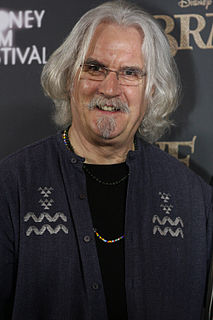A Quote by E. M. Forster
Outside the arch, always there seemed another arch. And beyond the remotest echo, a silence.
Related Quotes
Molly wants to know her father's name," Arch said to them. "Why don't you give her a hint?" His first name with 'splatter,'" said Ripkins. And 'matter'," said Blister. Also 'fatter,'" said Ripkins. Likewise 'chatter'," added Blister. And his surname?" Arch asked. It rhymes with 'that again'," said Ripkins. And 'Flanagan," put in Blister. Also, um...'pad a fin'?" offered Ripkins. Arch and Blister looked at him. 'Pannikin!'" he said proudly. Shut up, shut up, shut up!" Molly screamed. "You don't know what you're talking about!
Egyptian pyramids or obelisks – seemed to be the basis of the great memorials that have kept their significance and dignity across time. Neither an obelisk nor a rectangular box nor a dome seemed right on this site or for this purpose. But here, at the edge of the Mississippi River, a great arch did seem right.
Khattam-Shud,' he said slowly, 'is the Arch-Enemy of all Stories, even of language itself. He is the Prince of Silence and the Foe of Speech. And because everything ends, because dreams end, stories end, life ends, at the finish of everything we use his name. "It's finished," we tell one another, "it's over. Khattam-Shud: The End.






































